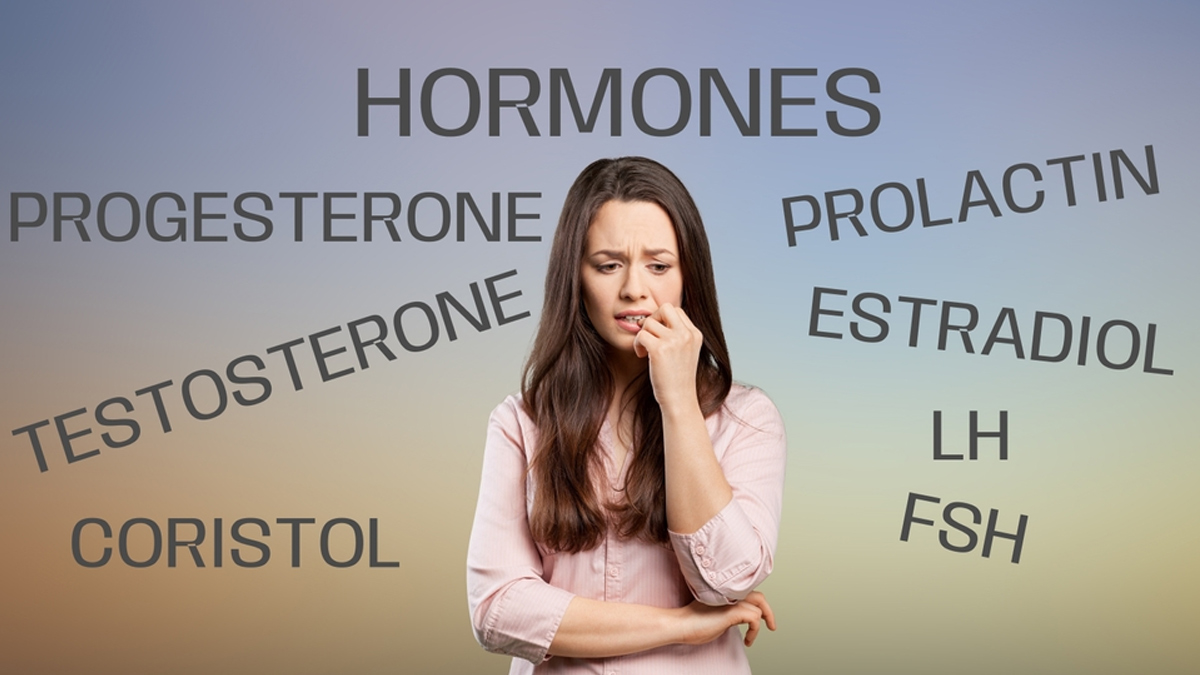
Most women often find themselves questioning bodily changes after pregnancy. Breastfeeding is a journey full of changes and it reflects the work your body does to sustain your baby. It’s a process of nurturing both physically and emotionally, as the body adapts to its new role. We spoke to Dr Indrani Salunkhe, Obstetrician and Gynaecologist, Wockhardt Hospitals, Mumbai Central, who explained these changes and how to adapt them.
Table of Content:-
What Happens To Your Body After Breastfeeding?
Hormonal Shifts

Breastfeeding releases hormones, such as oxytocin and prolactin. “Oxytocin helps the uterus contract, aiding it in returning to its pre-pregnancy size, a process called involution. This also reduces postpartum bleeding. Prolactin, the hormone responsible for milk production, promotes relaxation and bonding between mother and baby,” said Dr Salunkhe.
According to the National Institute of Child Health and Human Development (NICHD), a longer period of breastfeeding is linked to higher AMH levels and a delayed onset of menopause.
Weight and Nutrition
Breastfeeding also plays a role in a mother’s weight loss journey. It burns extra calories, which can help some mothers shed the weight they gained during pregnancy. “However, individual differences must be considered. Some may not see significant weight changes during breastfeeding, while others may experience a gradual weight loss,” added Dr Salunkhe.
Hence, mothers need to focus on a well-balanced diet that provides the necessary nutrients for themselves and their babies. The body requires additional energy to produce milk, and nourishing the body with proper vitamins and minerals ensures both mother and baby remain healthy. Ensuring good nutrition and maintaining a healthy lifestyle should be prioritised above all else.
Also Read: Breastfeeding After Mastectomy: Expert Shares Comprehensive Care Guide
Breast Changes

Initially, breasts may feel fuller and heavier as milk production begins. As feeding patterns stabilise, they may feel softer over time. After weaning, breasts might change in size, shape, or firmness, as the body adjusts to no longer producing milk.
According to a 2004 study, 73% of mothers noticed changes in their breasts after pregnancy, with enlargement and loss of firmness being the most common. Among those who breastfed, 75% experienced changes, compared to 69% of those who didn’t.
In a study conducted in 2013, it was observed that 21.8% of the female participants experienced a reduction in breast size, while 25.1% reported an increase. Regarding breast stiffness, 66.4% indicated a decrease, whereas only 5% noted an increase.
Physical Sensations
In the early weeks of breastfeeding, discomfort is common. Sore nipples, engorgement (when the breasts become overly full), and leaking milk are frequent challenges for new mothers. According to the JAMA Network, sore nipples from breastfeeding are a common issue, affecting between 11-96% of mothers, and can sometimes lead to early weaning. This is often caused by nipple trauma from improper positioning during breastfeeding.
“These discomforts can be overwhelming but tend to subside as the body adjusts to breastfeeding. Using proper latching techniques can prevent some of these issues, and soothing remedies like nipple creams, warm compresses, or frequent nursing can provide relief,” said Dr Salunkhe.
Also Read: 4 Daily Habits That Can Affect Your Breast Milk Production And What To Do About It
Emotional Impact

“Breastfeeding can be an emotionally fulfilling experience, but it can also bring emotional highs and lows. The hormonal shifts involved in breastfeeding can influence mood, and many mothers may experience feelings of fatigue, stress, or emotional strain,” explained Dr Salunkhe. These changes are a result of the physical demands of breastfeeding, along with the emotional and mental shifts that come with being a new mother.
A 2016 observational study found that higher cortisol levels (a hormone linked to stress) are associated with weight retention during the first 12 months after childbirth.
It's natural to feel overwhelmed at times, and seeking support from partners, family members, or a healthcare professional can help ease these emotional challenges. You can join support groups or talk to other mothers to get reassurance and advice during this journey.
[Disclaimer: This article contains information provided by an expert and is for informational purposes only. Hence, we advise you to consult your professional if you are dealing with health issues to avoid complications.]
How we keep this article up to date:
We work with experts and keep a close eye on the latest in health and wellness. Whenever there is a new research or helpful information, we update our articles with accurate and useful advice.
Current Version